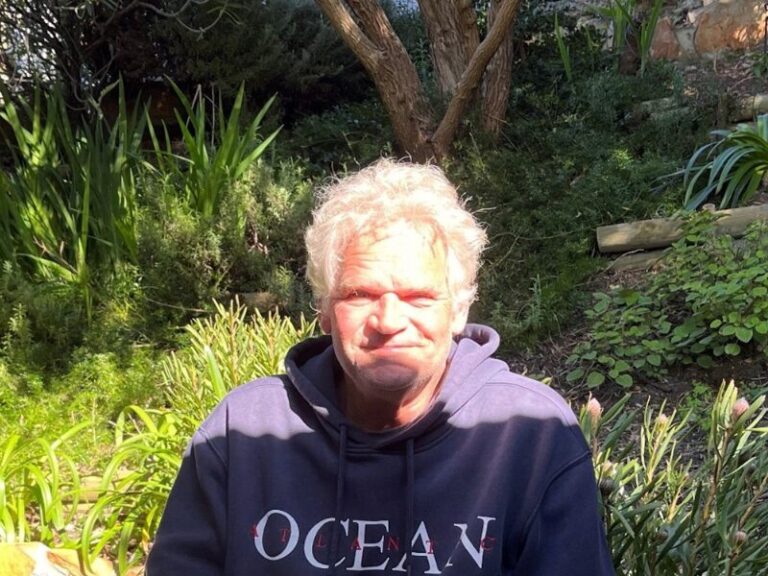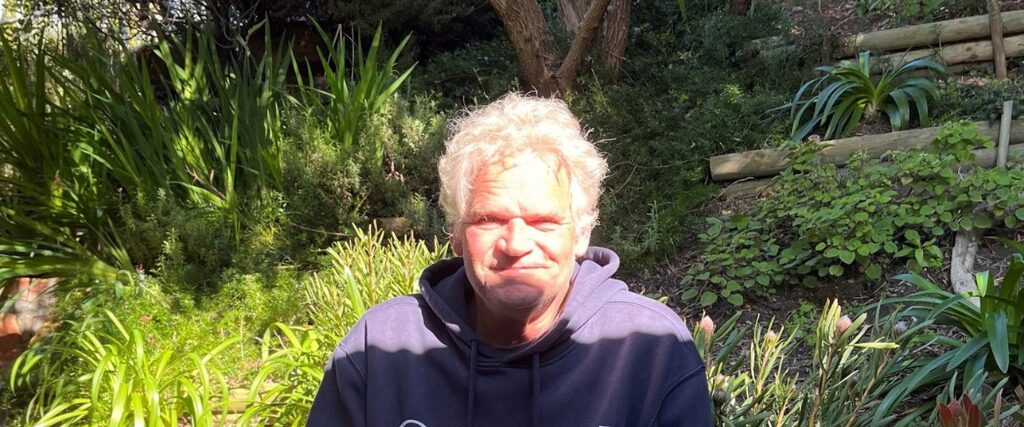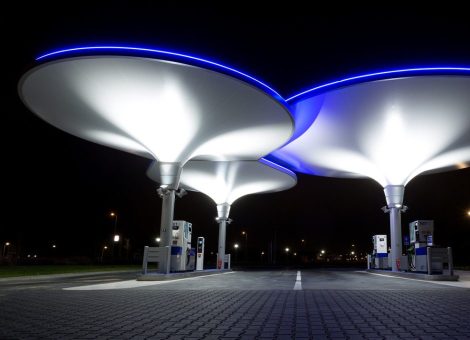Meet the Kalibrate team: Johan Strydom, Strategic Account Manager for Fuel

At Kalibrate, we believe our success is driven as much by our people as our technology. So, as part of our meet the team series, we’re showcasing some of the talent and expertise within the Kalibrate family. This feature introduces Johan Strydom, Strategic Account Manager for Fuel.
What’s your role at Kalibrate?
As Strategic Account Manager I have responsibility for nine accounts— two of which have a global reach, five predominantly European, and two with significant African presence, but with business connections to other geographies. For all accounts, I own the day-to-day contractual relations of the European Associates and fulfil an oversight role of other designated Account Managers in the non-European geographies.
My role serves a co-ordinating function as it relates to several international oil companies seeking opportunities to expand the Kalibrate footprint across fuel and convenience markets, who already partly utilize Kalibrate’s products, but in a non-integrated way.
What does a typical day look like?
My work schedule is structured more as a typical week/month/quarter, than a typical day.
Internally, I spend a lot of time collaborating with accounting, project management, sales, customer success, and service delivery teams which ensures that I am kept up to date with activity concerning our pricing and planning environments. In working closely together we ensure that our clients receive the best possible SaaS solutions for their specific needs.
Externally, I spend a lot of time on-site with the broader client-communities developing an understanding of their business needs and providing ways that Kalibrate can fulfil those requirements. Although the rise since the pandemic in using video call has enabled distance communication, I personally don’t see it as a replacement for face-to-face engagements, and so I choose to meet clients in-person wherever possible.
What do you love about your role?
I love to build deep connections with people— little ones, big ones, easy ones and even, occasionally, difficult ones. Having worked in the oil and gas industry for over 30 years, I bring to the role particular strengths and experiences to clients’ challenging situations.
I also have a good work-life balance at Kalibrate. Having the time available to coach at my local football club and assist in raising four children, whilst working in a dynamic market where constant learning is not only happening but actively encouraged, all contribute to make the role a fulfilling one.
Why did you choose to join Kalibrate?
My history with the company goes back to 1993 in South Africa, when I was first exposed as a user of Kalibrate’s planning tool. Further into my career, I was introduced to pricing solutions and was the focal point of contact with Kalibrate for a leading international oil company. From there I was regularly using Kalibrate’s planning and optimization tools in a consulting environment. An opportunity arose to join the business at the beginning of 2022 and I had no hesitation in doing so.
What do you think are the greatest challenges and opportunities in the fuel sector?
Challenges and opportunities within the fuel industry are inextricably linked to the past, the present and predictions for how the world will evolve over the next decade and beyond.
Over the last two years there has been a lot of political and economical disruption such as the conflicts in Ukraine and Palestine, which has hugely impacted many of our clients. Such an unstable time has disrupted traditional trade flows and added to the cost and complexity of moving goods around the world from producer to consumer. Consequently, we see challenges in terms of high inflation and high interest rates.
From a product perspective, the rise in artificial intelligence has both challenges and opportunities for the sector. Opportunities in terms of the ability to provide a more efficient product, yet challenges given that staff will need to be retrained to have proficiency in operating new technology.
Where do you see the fuel industry heading?
With the introduction of new-to-market products and services such as hydrogen and electric vehicles (EV), I predict a decline in the demand for traditional fuels. But that decline won’t be consistent across markets — some are significantly ahead; others are several decades away.
The desire for cleaner cities across many geographies will mean that many companies will need contingency plans on what to do with their existing assets. For my role, there will be an increase in clients needing support with how to best adapt their model to continue to make profit.
We carried out a study in France last year, where they are decarbonizing the centre of Paris, meaning that diesel won’t be allowed in the vicinity, and we are seeing more and more countries following suit. As a consequence, I predict that we will see more oil companies converting to EV, car washes, and even convenience stores as regulation pushes consumers away from traditional hydrocarbons.
Read more articles about:
Fuel pricingSubscribe and get the latest updates
You may unsubscribe from our mailing list at any time. To understand how and why we process your data, please see our Privacy & Cookies Policy
Meet the Kalibrate Team
Fuel pricing
November 2024. Kalibrate's Canadian Petroleum Price Snapshot
Kalibrate conducts a daily survey of retail gasoline, diesel, propane, and furnace fuel prices in 77 Canadian cities....

Fuel pricing
The Kalibrate news round-up: November 2024
In this monthly feature, we look across the industry and mainstream news to uncover some stories of note that we...


